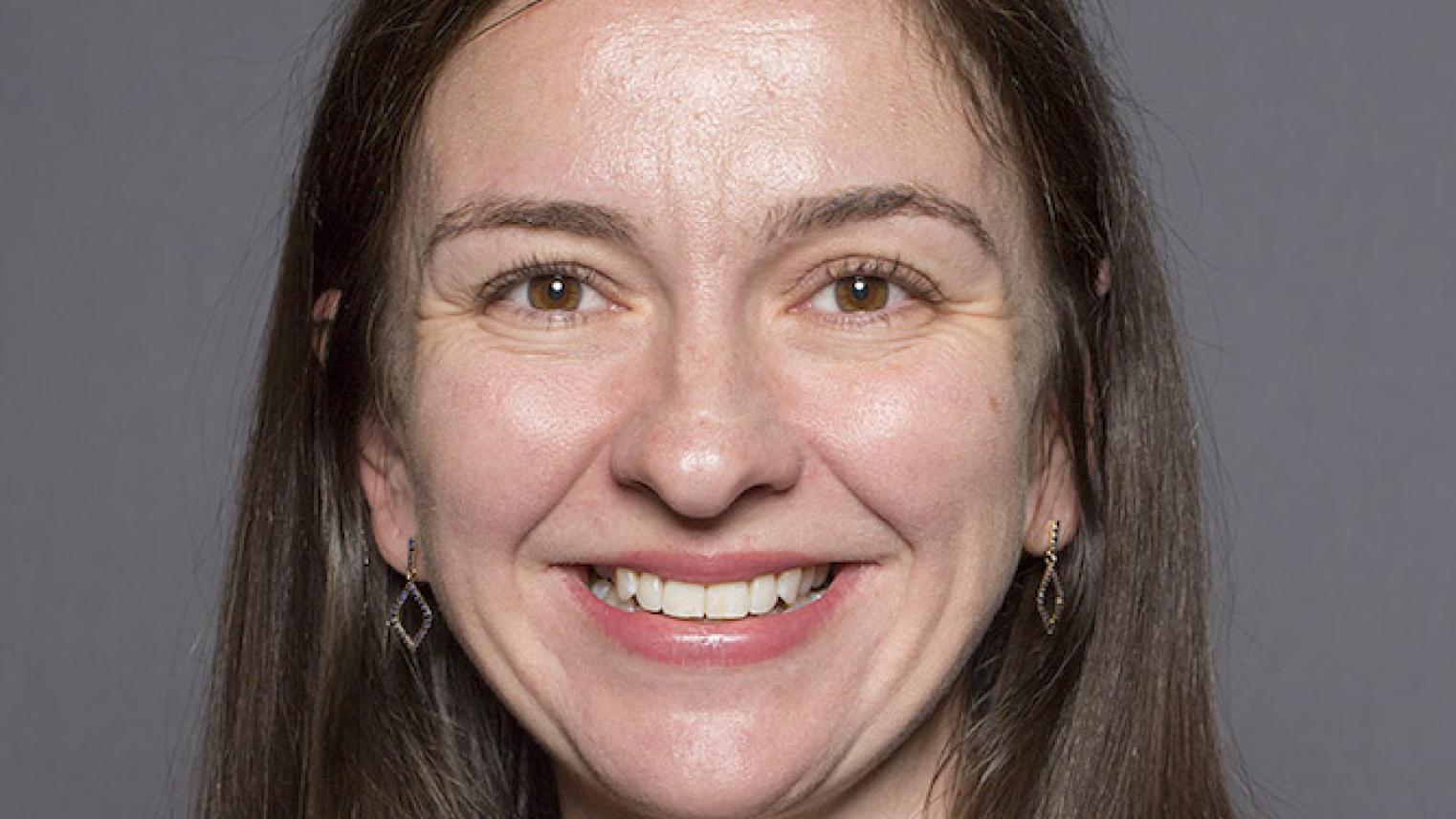From public service to climate scholar: Michelle Lyons on Green Banks and Net Zero

With over fifteen years of experience in climate change, Michelle Lyons has transitioned from public servant to scholar, driven by a passion for advancing the net zero transition. Now a Sir Roland Wilson PhD scholar at the Crawford School and a Climate Change Research Fellow at the Lowy Institute, Chell is preparing to share her insights at the ANU Energy Update 2024. She will be moderating an important discussion on how to decarbonise Australia’s energy and industry sectors.
In this interview, Chell delves into her research on leveraging public financial institutions, such as green banks, to scale private investment in the transition to net zero.
Can you tell us a bit about your background and what motivated you to pursue a PhD at the Crawford School?
I’ve spent the past fifteen years working on climate change; firstly as a public servant, then on secondment to the ANU Grand Challenge on Zero Carbon Energy. I had always wanted to complete my PhD, so the Sir Roland Wilson scholarship was an opportunity I worked towards for a number of years. I always describe getting the scholarship as the equivalent of winning the public service lottery - it has been an incredible privilege, and I’ve loved every minute of it.
What led you to focus on the role of public financial institutions in the transition to net zero emissions, particularly public green banks?
When I worked on the G20 Climate and Sustainability Working Group back in 2017 we did a profile of Australia’s Green Bank, the Clean Energy Finance Corporation, and wrote about some of the innovative projects they were financing. There was massive interest in their work among the G20 members; that planted the seed that this would be a fantastic topic for further research.
Could you elaborate on your doctoral research and how it addresses the challenges of leveraging private finance for the net zero transition?
Scaling up private investment in the net zero transition is challenging for a few reasons. Firstly, the private sector is more risk averse than the public sector; they are less likely to invest where they are uncertain of making a positive return. Secondly, there are a broad range of barriers to private sector investment which vary widely by country. My research looks at how the CEFC and other Green Banks have overcome certain types of barriers to clean energy investments, namely technology and financial barriers, and whether the Green Bank model could be adapted for other countries, particularly developing countries.
Your work intersects climate finance, geoeconomics, and climate justice—how do you navigate these complex fields in your research?
I take a values-driven approach and try to find areas where these three fields align, and we can accelerate the net zero transition.
What specific aspects of your research will you be presenting at the ANU Energy Update 2024, and why are they important for the current energy policy discourse?
I’m moderating the first panel “Towards Net Zero in Australia’s Energy and Industry Sector”. The energy sector contributes around two-thirds of Australia’s emissions, while the industry sector is among the hardest areas to decarbonise so they are both vital to understand in the current energy policy discourse.
How do you see the ANU Energy Update contributing to the broader conversation on climate finance and the role of public institutions?
The ANU Energy Update was always a must-attend event for me in the APS. It’s a chance to hear from experts across academia, industry and the public service on the most important issues in energy policy.
What are you most excited to discuss or learn at the ANU Energy Update?
I’m really excited to hear more about the Climate Change Authority’s recent sectoral pathways report, how it will inform the Australian Government’s emissions target setting process and to discuss how the net zero transition can improve the lives of First Nations’ Australians.
After completing your PhD, how do you plan to continue your work in climate finance, and what impact do you hope to make on policy and practice?
I’m about to submit my PhD and return to service in the APS. I will still be working on climate change issues for the government, and I hope to use my PhD findings to help inform the implementation of the Made in Australia agenda and Australia’s climate finance provision.
What advice would you give to other scholars interested in the intersections of climate finance, geoeconomics, and climate justice?
All three areas have major challenges ahead and we need as many bright minds working on practical solutions to these issues as we can get!
Beyond your academic work, what activities or interests do you engage in that influence your research or help you relax?
I’ll be honest- doing a PhD full time with three young kids there has been less relaxation than I would like of late! But I love to cook, particularly baking. I’m also looking forward to reading the Slow Horses books (as I’ve loved the TV series) and getting back into long distance running once I’m done.
How do you stay motivated and inspired while working at the crossroads of such critical and challenging fields?
At the end of the day the net zero transition is an opportunity to create a better world. I’m an optimist; we’ve made a lot of progress in the fifteen years I’ve worked on climate change but there is still so much to do. The next decade is the critical one for the transition so it’s time to be bold and ambitious and get to net zero asap.